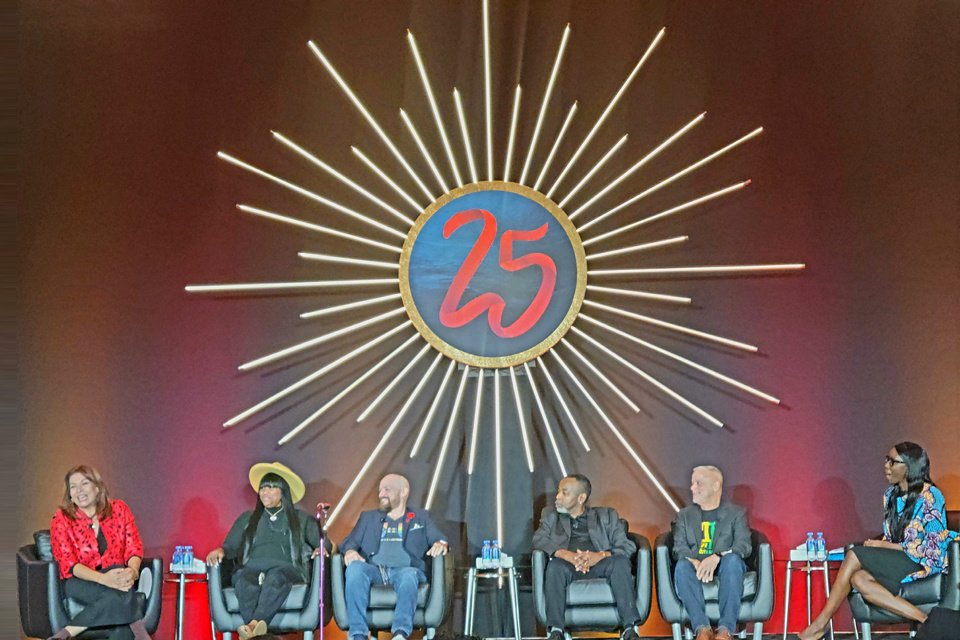
Lea este blog en español
Living with HIV is a unique journey, filled with challenges that often go beyond the medical aspects of the condition. As a transgender woman of color, or also any non-binary individual, the experience has been shaped by a complex interplay of factors that highlight the intersectionality of HIV and gender identity.
One of the significant difficulties faced by non-binary and transgender individuals living with HIV is the societal stigma that surrounds both their gender identity and health status. The double stigma can lead to isolation, discrimination, and a profound sense of vulnerability. It's crucial to recognize that HIV doesn't discriminate based on gender identity, yet society often does.
Accessing healthcare tailored to the specific needs of non-binary and transgender individuals is another hurdle. The healthcare system may not always be well-equipped to address the unique challenges faced by this community, resulting in inadequate support. Informed, respectful, and inclusive healthcare is essential for managing HIV effectively while respecting diverse gender identities.
Mental health also plays a pivotal role in this journey. The intersection of HIV and non-binary identity can contribute to heightened stress, anxiety, and depression. It's imperative to prioritize mental health support and create safe spaces where individuals can share their experiences without fear of judgment. That's why my passion and work is focused on ending the epidemic; together with The Well Project we can make the difference.
Building a supportive community is crucial. Non-binary and transgender individuals with HIV often find solace in connecting with others who share similar experiences. Creating spaces for dialogue, whether in person or online, fosters a sense of belonging and reduces the isolation that can accompany these dual challenges.
Advocacy and leadership are powerful tools in addressing the difficulties faced by non-binary and transgender individuals living with HIV. By raising awareness, challenging stereotypes, and promoting inclusivity, we can work towards dismantling the barriers that perpetuate discrimination and hinder access to resources.
In conclusion, navigating life with HIV as a non-binary individual involves confronting a unique set of challenges that stem from the intersection of gender identity and health status. Addressing these difficulties requires a multi-faceted approach that encompasses healthcare reform, mental health support, community building, and advocacy for a more inclusive and compassionate society. Through open dialogue and understanding, we can strive to create a world where everyone, regardless of their gender identity, can live with dignity and resilience in the face of HIV.
I was so happy and proud to cover and talk about this at the 25th ViiV Community Summit in Atlanta, Georgia.


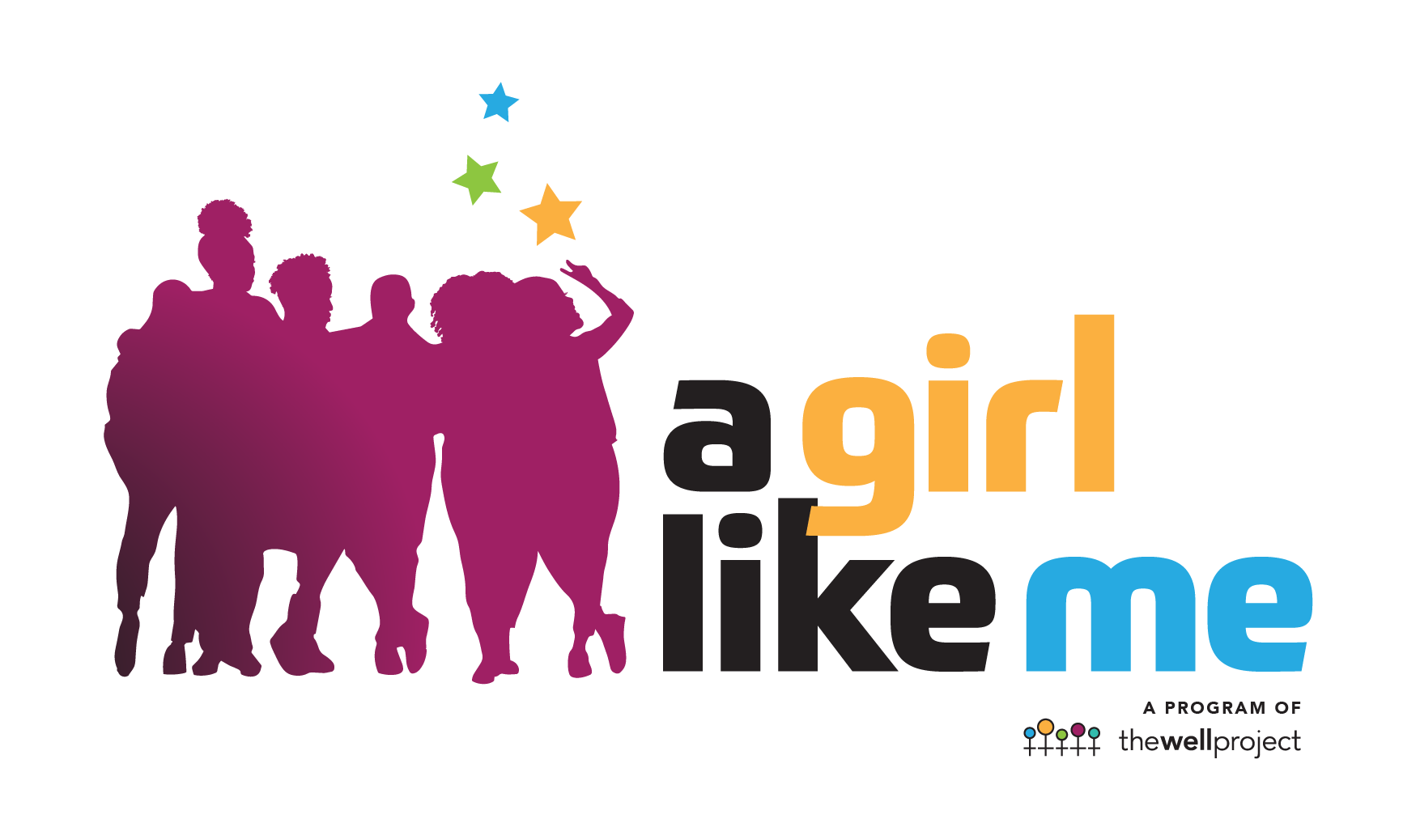




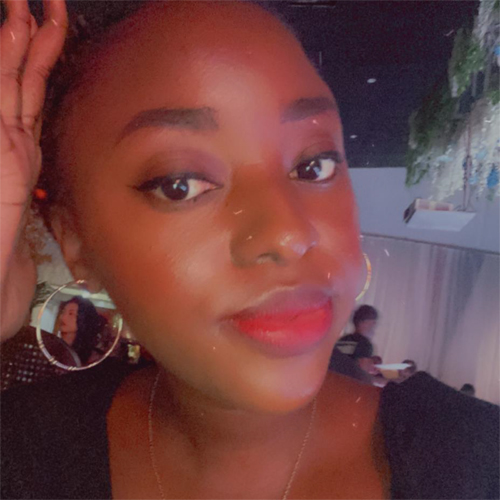



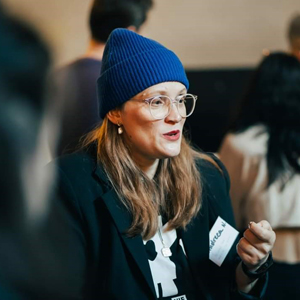

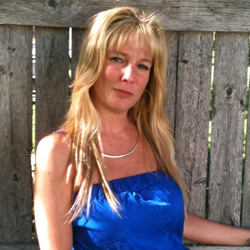

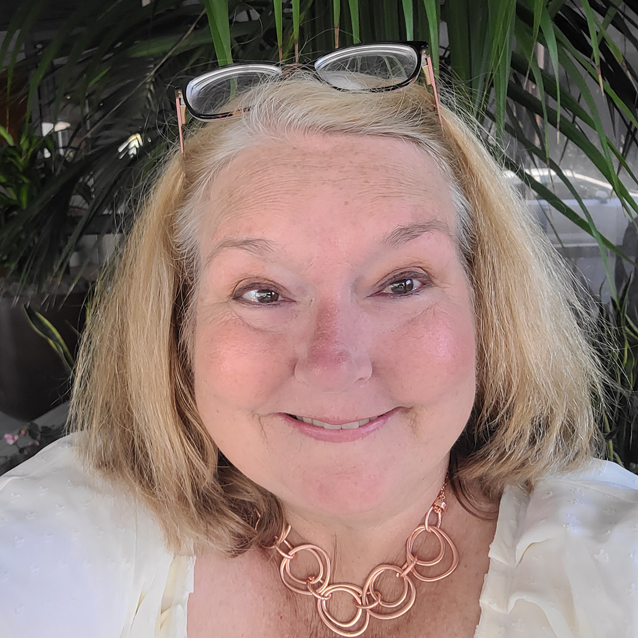

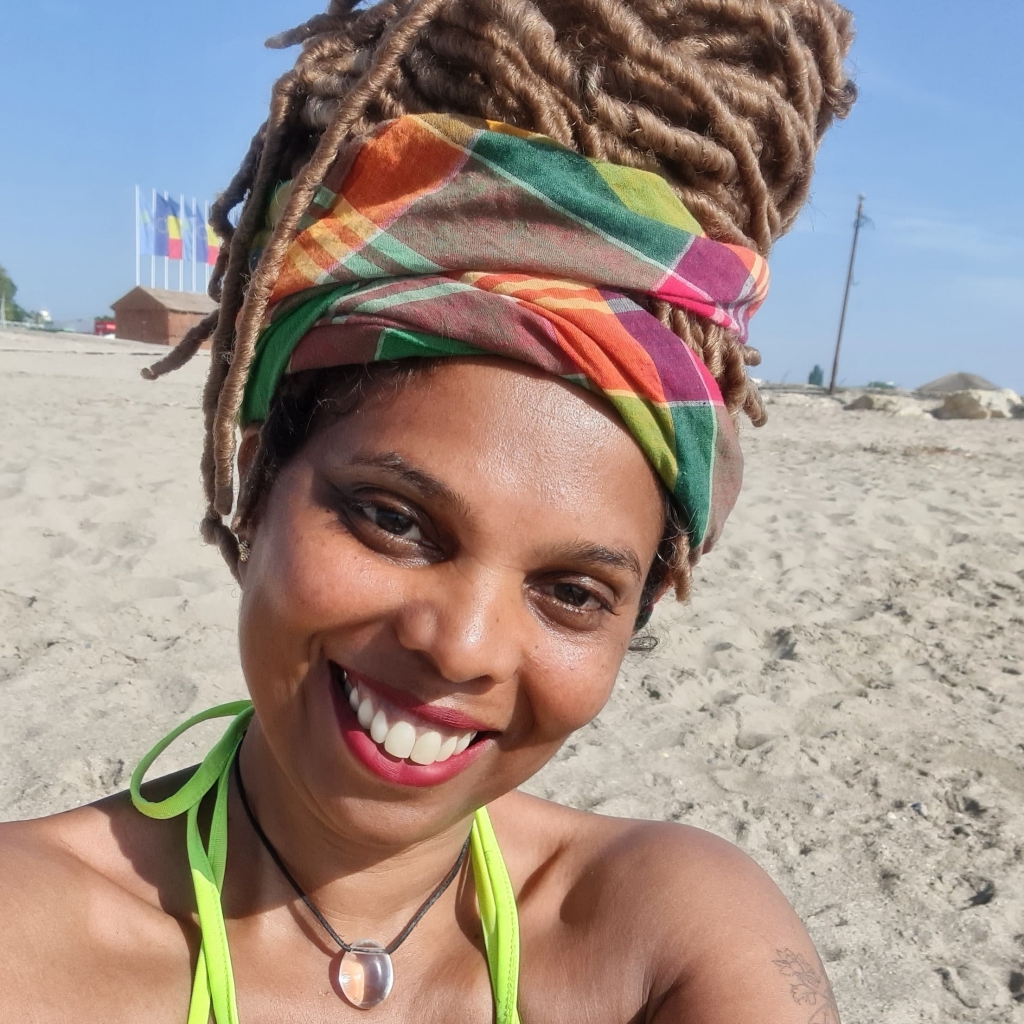


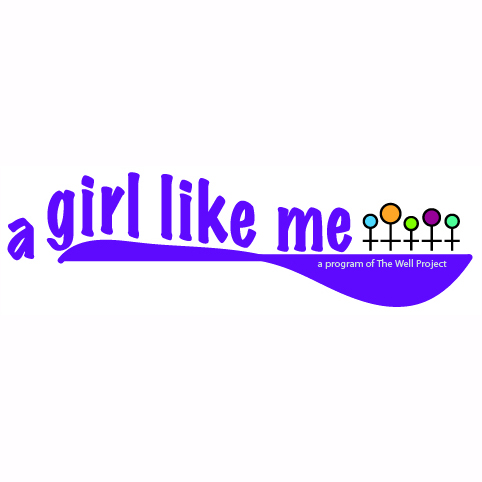
great job!
Thank you for your work and voice!